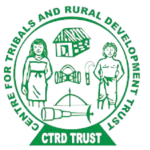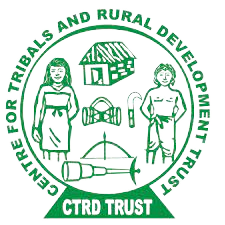Our Projects
Important Projects
Food Security Program
The Food Security Program is a joint initiative of CTRD and SODI to improve the living conditions of the Adivasi people in the Nilgiris District of India. The program aims to address the four dimensions of food security: availability, access, utilization and stability. The program consists of different components that focus on income generation, health services and education for the tribal communities. It involves the following projects:
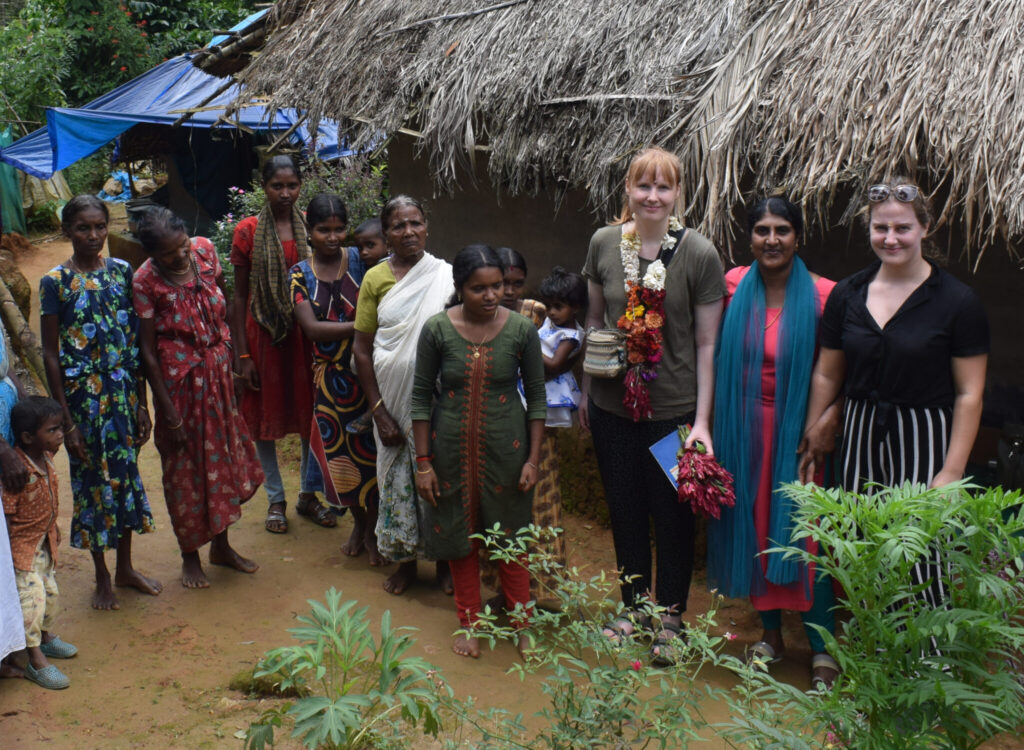
The project is supporting the tribal communities in the establishment of organic kitchen gardens by providing the necessary equipment and knowledge. The beneficiaries receive training on proper cultivation techniques, including sowing, pruning and maintaining the garden.

The project seeks to alleviate poverty and to promote sustainable livelihoods by generating income for Adivasi small-scale tea farmers through the cultivation of organic and fair traded Green Tea.

The Beekeeping Project helps the tribal families to produce and sell their own honey, using beehives and training provided by CTRD. Honey is a highly nutritious food that can improve their diet and health, as well as a valuable commodity that can increase their income.

The Alcohol Awareness Training Project aims to educate the Adivasi people about the harmful effects of alcohol consumption and provide them with support and tools to overcome addiction. The project involves conducting regular training sessions in the villages affected by alcoholism, led by trained professionals.
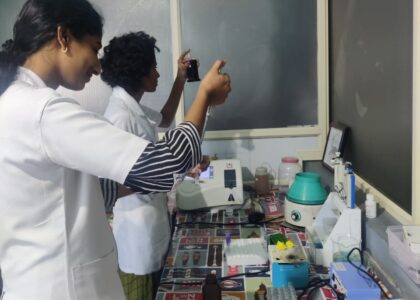
The Sickle Cell Anemia Training Project aims to educate the Adivasi people about the genetic disease and provide them with diagnosis and treatment. The project involves conducting monthly medical camps in the villages where sickle cell anemia is prevalent.
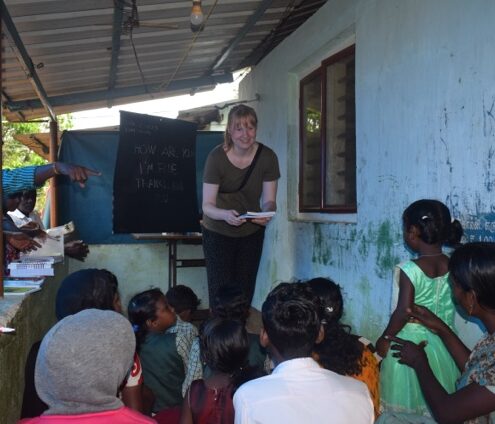
The Evening Coaching Centers (ECC) Project aims to provide the Adivasi children with after-school tutoring, mentoring and nutrition.The project involves establishing ECCs in the tribal villages, where the children can come and receive help with their homework from a qualified teacher.
More
Other Projects
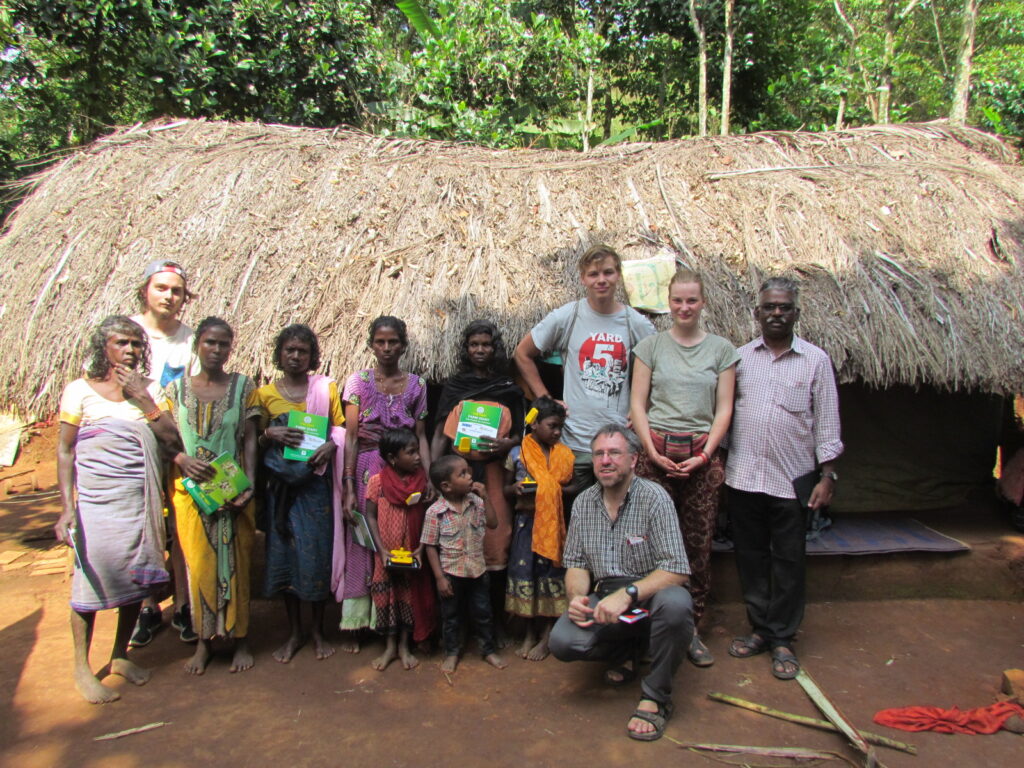
The projetct aims to provide access to education and electricity for the tribal children. It recognizes that education is often regarded as a luxury item by the adults, who lack the support and resources to send their children to school. The project also addresses the challenges faced by the children, who have to walk long distances to reach school and cope with frequent power cuts or no electricity at home
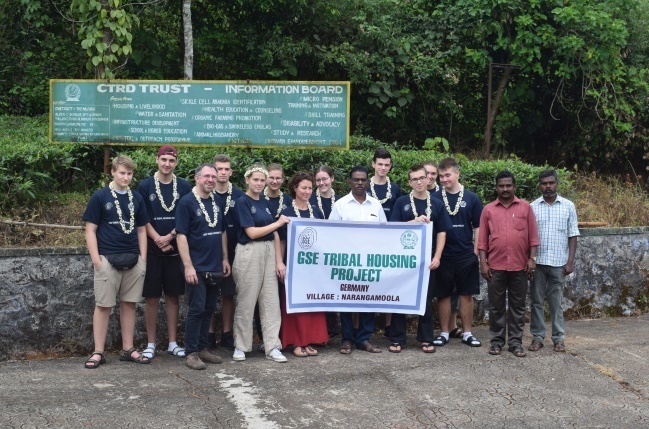
The projects shall provide adequate and sufficient housing and sanitation facilities for the tribal community. The project aims to address the challenges faced by the Adivasi, who live in isolated and vulnerable conditions, using natural materials like bamboo, straw and mud to build houses that are unstable, unsafe and unsustainable.
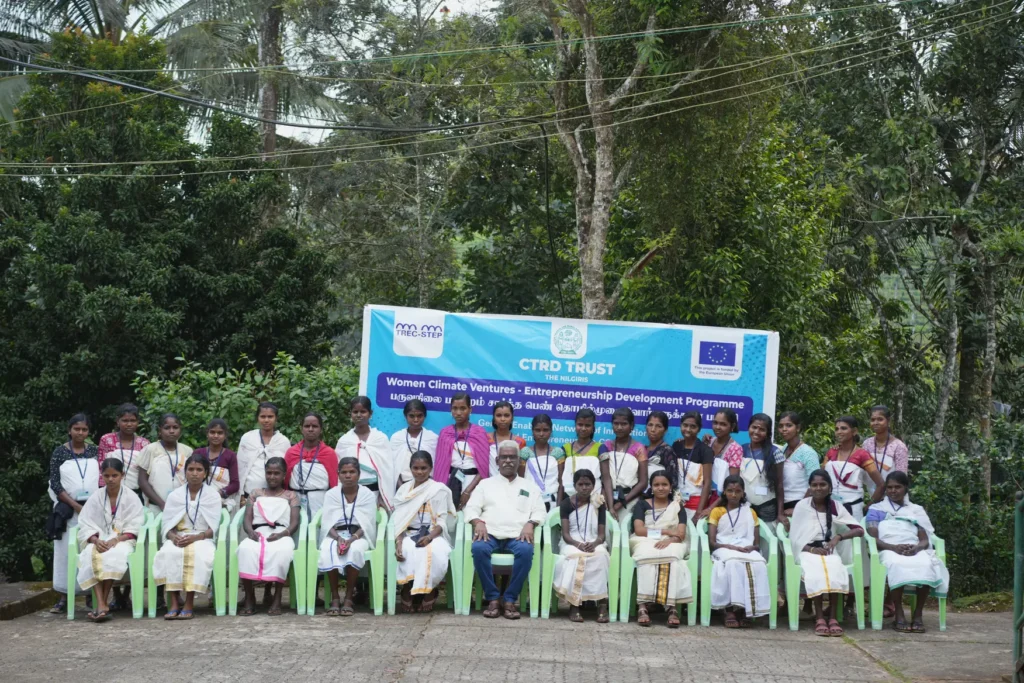
REC-STEP with the support of the European Union, has initiated ‘Gender Enabling Network of Innovation and Entrepreneurship CSOs for Climate Ventures (GENIE CSOs for Climate Ventures)’ project to harness the strengths and extensive reach of CSOs in the community.

It promotes renewable energy through biogas units that turn animal dung into methane. The methane is used to fuel cooking stoves in tribal homes, which provide a clean and safe alternative to smoky open fires. The biogas units also reduce deforestation and greenhouse gas emissions, as well as provide fertilizer for the fields.
our Future
Planned Projects

The main goal of this project is to enhance the living conditions and dignity of the Palamalai tribal community by providing them with various interventions, like Housing, Agriculture, Healtcare and Biogas Units. Palamalai tribal area is located in the Kurudi Hills part of the Western Ghats which is home to many Particularly Vulnerable Tribal Groups(PVTG’s)

The Differently Abled Rehabititation And Livelihood Project aims to strengthen networks for eye health and advocacy in the Udhagamandalam and Coonoor regions. The primary focus is on enhancing eye health services, advocating for better eye care policies, and fostering community engagement to create a sustainable impact.

CTRD is established it community development program among with the tribal community in the Chamarajanagar was earlier known as Arikottara. Chamaraja Wodeyar, the Wodeyar king of Mysooru was born here and hence this place was renamed after him. The geographical area of Chamarajanagar district is about 5,101 Km2. The district is located in the southern tip of Karnataka state It falls in the southern dry zone.
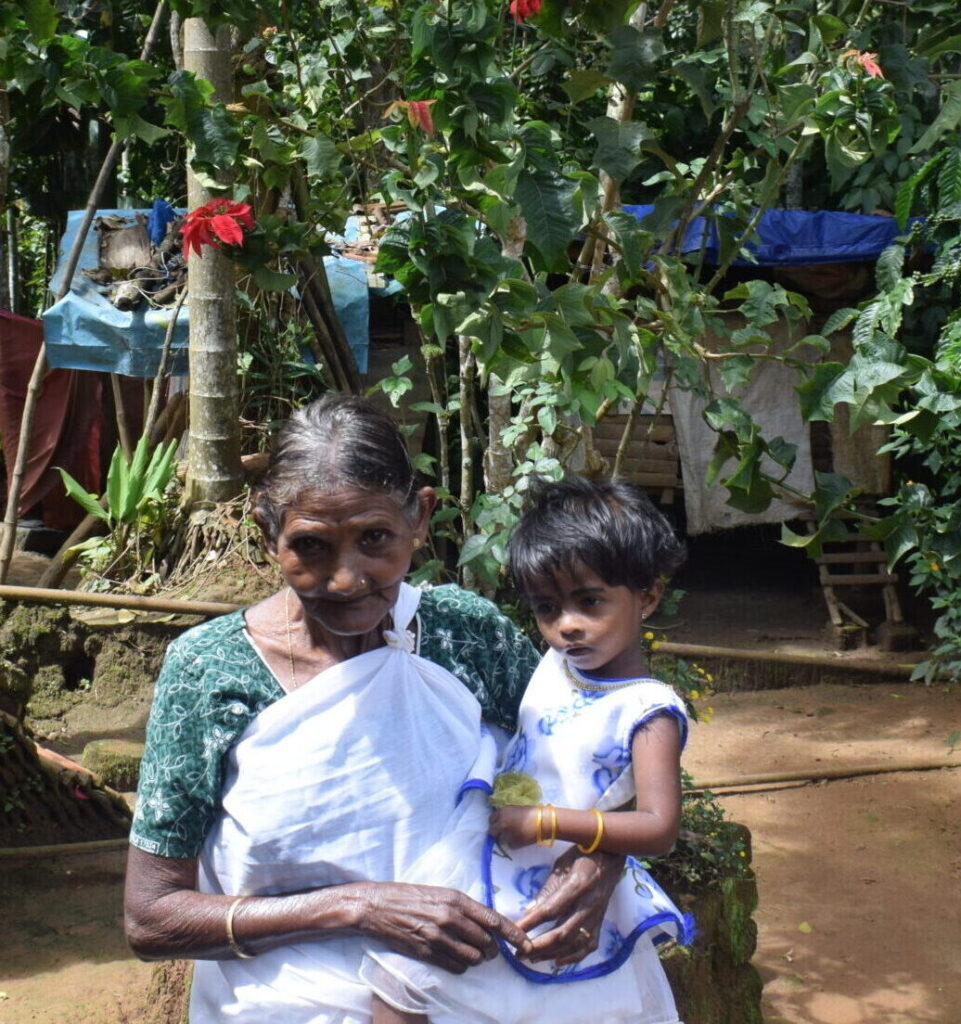
once upon a time
Accomplished Projects
- Rural Vision Care Program
- Establishing Sanitation in Tribal Villages
- Tribal Children Education Sponsorship Program
- Tribal Children Art Club
- The Social Inclusion Project
- Rural Housing and Livelihood Program
- Raleigh International UK Projects
- The Strengthening Networks for Eye Health and advocacy (SNEHA) Project

